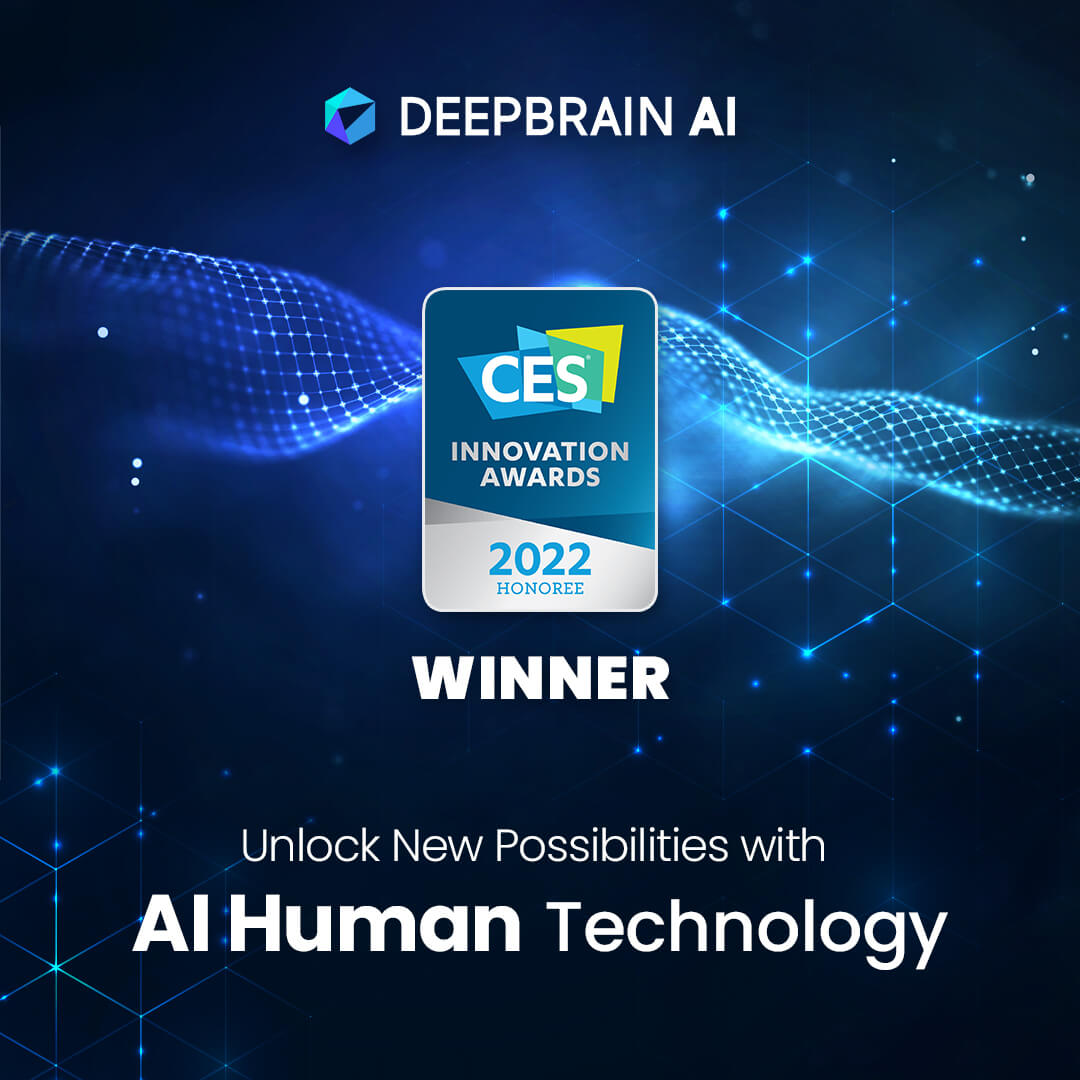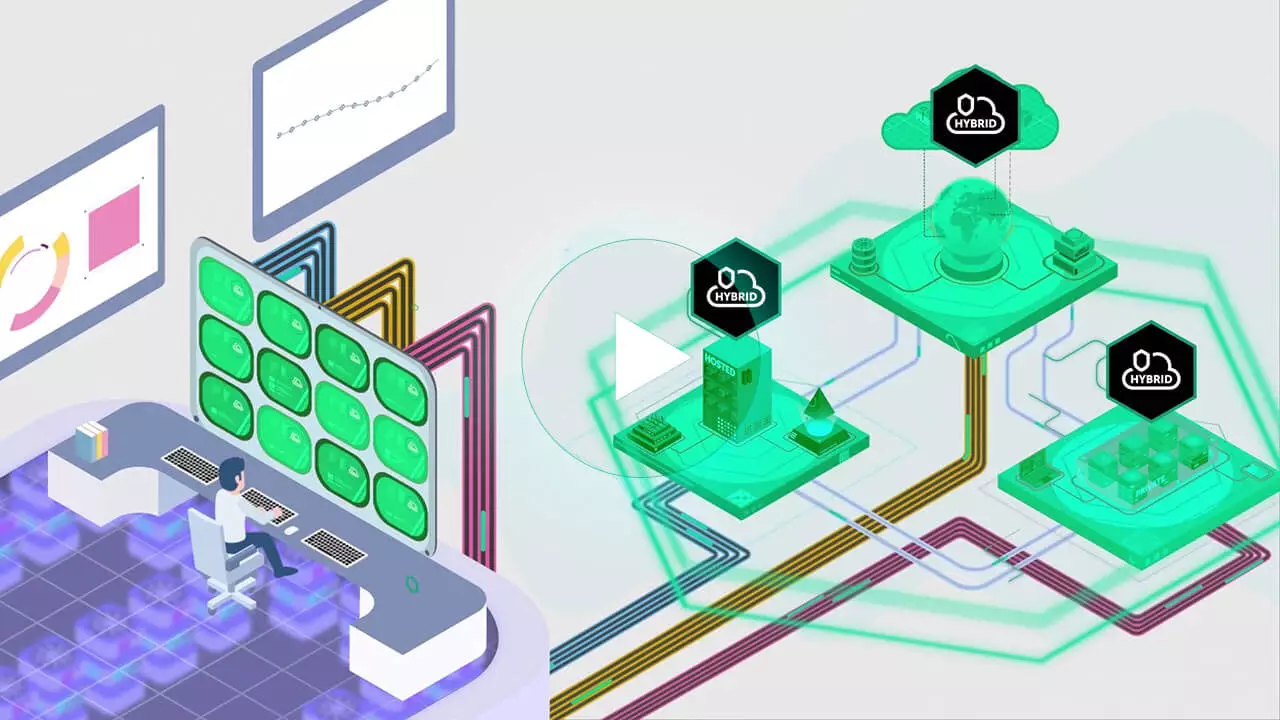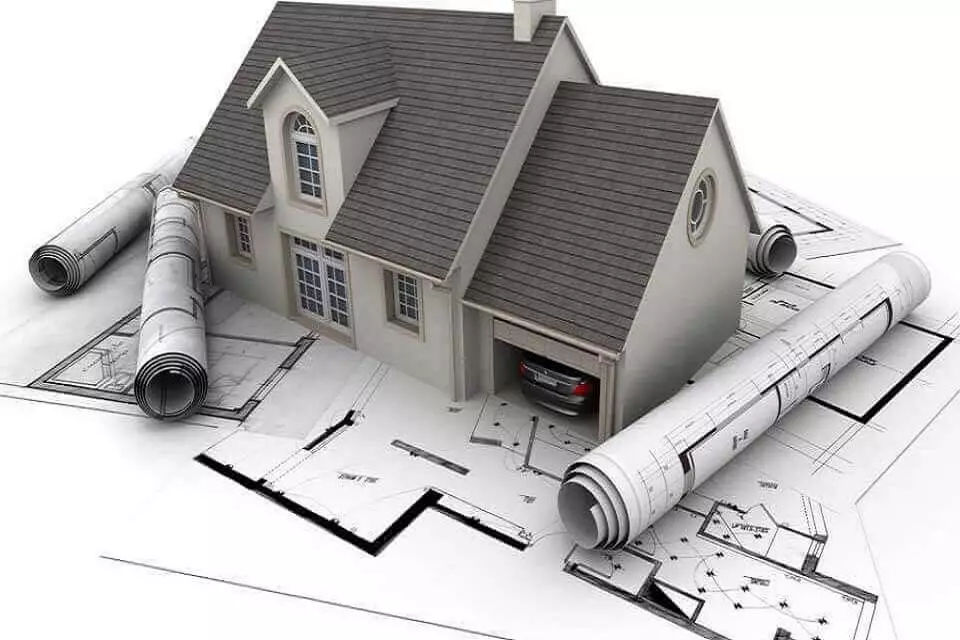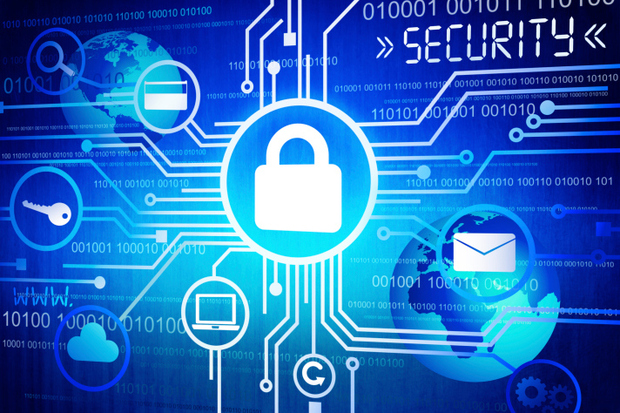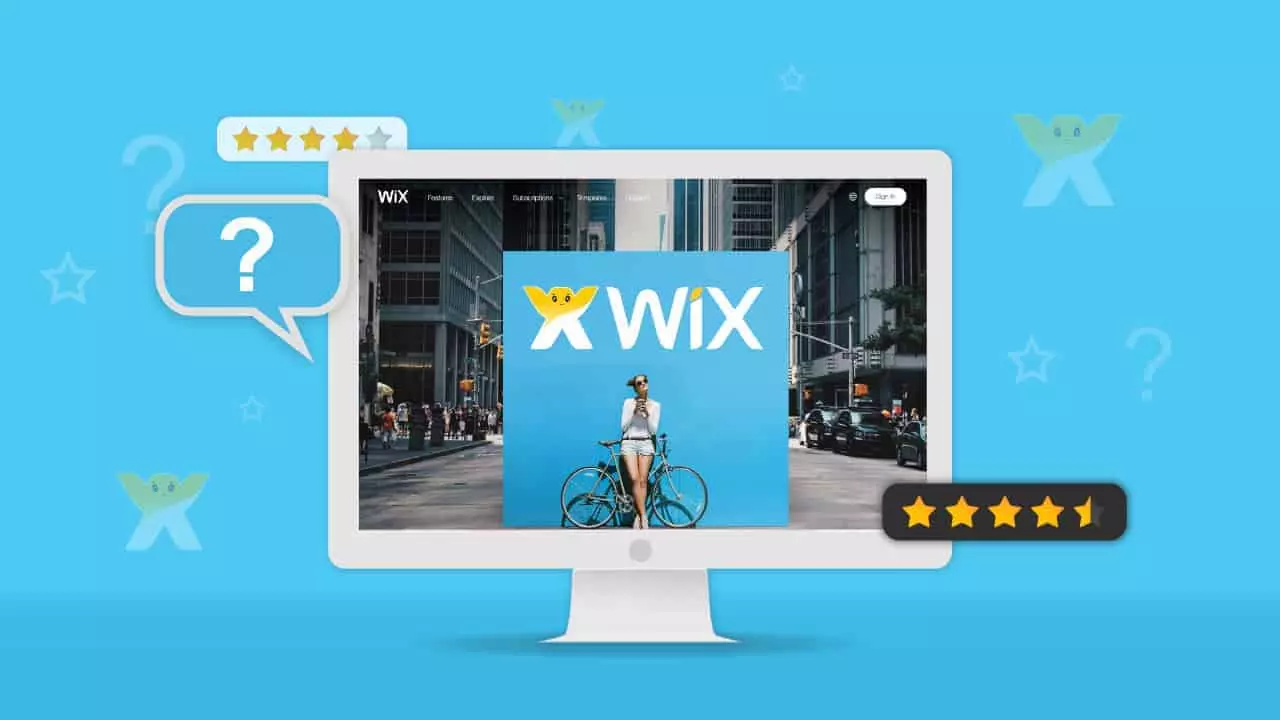
Open Data and Sustainability in Grégory Labrousse’s Opinion
April 15, 2024
“Today Data is everywhere, why? Because each of the given products produced from Europe makes its satellite images available, a farmer asks for an online grant […] today a great part of this data is available, and it’s quite new what happened there.”
Grégory Labrousse has always been interested in sustainable development and energy transition. That’s why, in 2008, after seeing that green energies were developing, he launched GEOPLC, specializing in business consultancy dealing with energy transition.
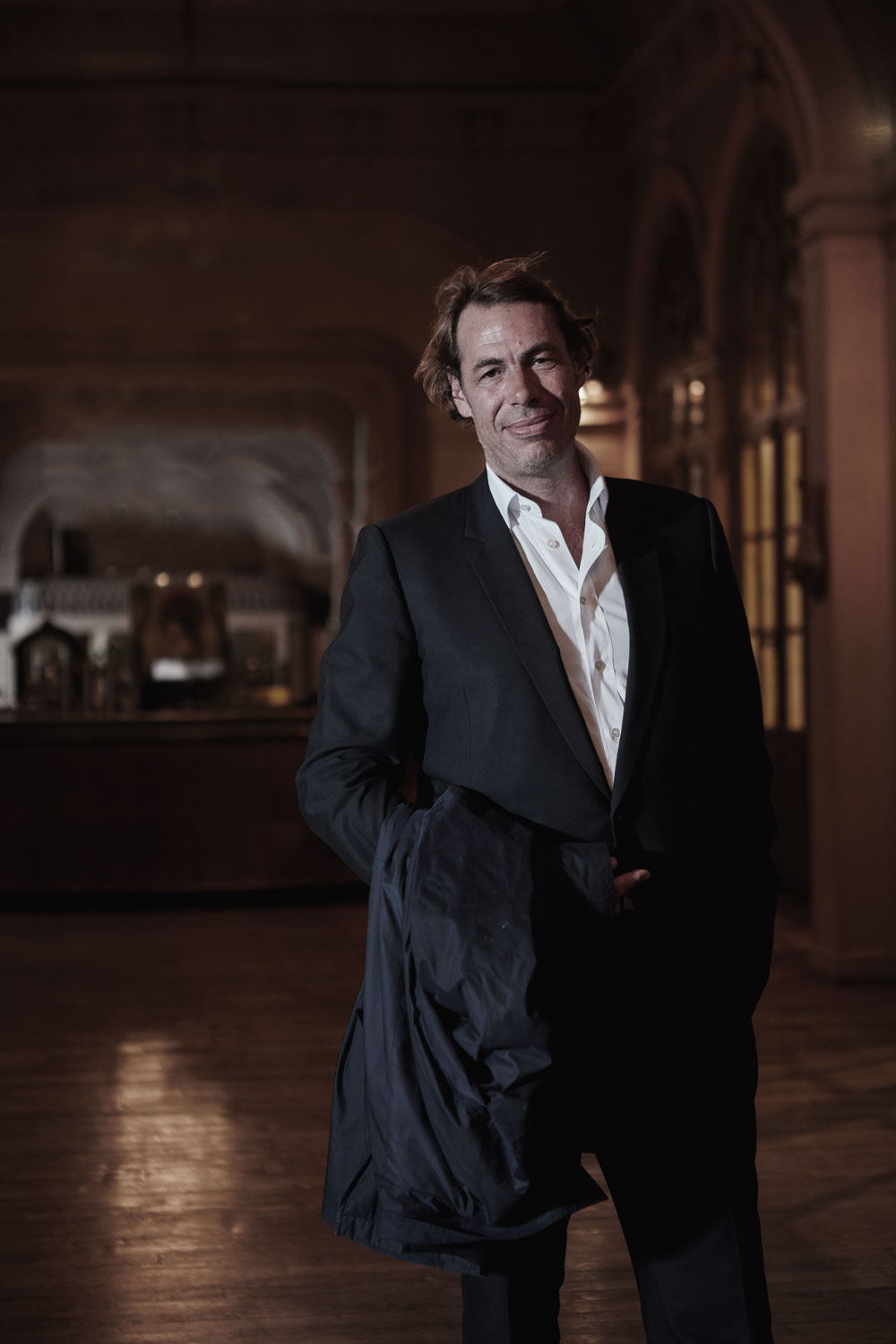
What does Open Data have to do with energy?
Think of an eco-portal that aggregates all the information available on energy renovation and gives individuals all the tools to carry out their energy-saving projects. That is what “More Green Tomorrow” is about. Thank this database it is possible to:
- Evaluate the profile and the energy consumption of your home
- Learn about renovations and existing financing solutions
- Define and simulate the most appropriate renovation program for each home
- Benefit from dedicated financial assistance to achieve them.
In France, this mega project involves every sector of society: from public markets, going through industries, transport, up to the very individuals.
Energy transition
The energy transition is the fundamental transformation of a specific model of energy production and consumption, it is to achieve a coherent energy mix, to gradually dispense with fossil fuels. This transition will only succeed if consciences are profoundly transformed as well as uses, which implies, in particular, to turn towards renewable energies. This requires a radical change in energy policy from a demand-oriented approach to a supply-driven policy and a gradual decentralization of production.
In France, the big National Debate on Energy Transition (DNTE) started on November 29th, 2012. Its orientations are set by the National Council for Energy Transition, made up of 112 people representing seven colleges. It will also organize the formulation of the recommendations that will serve as a basis for the future law for programming for the energy transition. The challenge is to define French energy policy in the 2025 and 2050 horizons.
Some history
In 2003, the European Commission launched the “Intelligent Energy” program. This is an annual call for proposals aimed at helping the most relevant initiatives in energy efficiency. This program now supports the “20-20-20 targets,” set by the European Union: by 2020, member states must reduce their greenhouse gas emissions and energy consumption by 20% and consume 20% % of renewable energies.
It is to ensure the development of eco-efficient structures for a future respectful of the environment. The program is targeted at four fields of action: “integrated” initiatives, energy in transport (STEER), renewable resources (ALTENER) and energy efficiency (SAVE).
It is for the SAVE that GEO PLC has used its expertise in environmental consulting, alongside four international partners specializing in energy efficiency: Joule, Energa Innowacje, VaasaETT, and Actility. They responded to the 2013 call for proposals by proposing a Platform. It is intended to overcome the shortcomings of current energy policies (financing, monitoring, and transparency). An innovative tool to encourage energy-intensive structures to save energy. “That is what we are supposed to support,” states Grégory Labrousse.

Darin is a wonderful person. He is very nice and always willing to help out! He loves his job because it lets him share interesting things with people who want to know about new developments in the world of technology.


